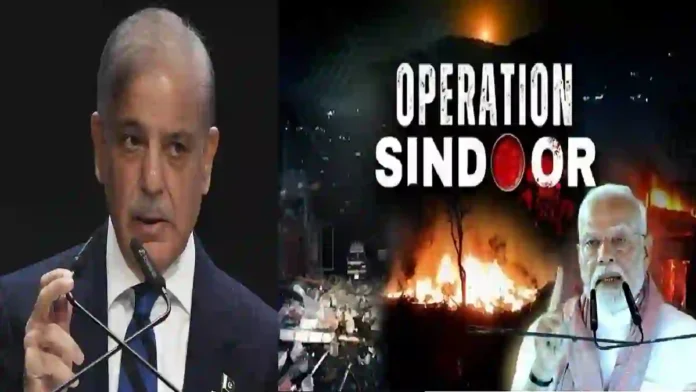Following the deadly Pahalgam terror attack on April 22, 2025, which killed 25–26 Indian tourists in Jammu and Kashmir, India and Pakistan experienced their most severe military escalation in decades.
The attack, claimed by The Resistance Front (TRF)—an offshoot of the Pakistan-based Lashkar-e-Taiba—prompted India to accuse Pakistan of supporting terrorism, a charge Pakistan denied.
After the Pahalgam attack, India carried out daring strikes against Pakistani terror and military targets. These operations inflicted a crushing defeat on Pakistan and exposed the weakness behind the Islamic Republic’s propaganda-driven claims of military power. Defence analysts have also suggested that China may fall into a similar category, given its bluster and belligerence in the South China Sea and along the LAC border.
In future, China would exercise caution before embarking on a misconceived adventure such as its attempted incursion in the Galwan Valley region.
In the immediate aftermath, India suspended the Indus Waters Treaty and expelled Pakistani diplomats, while Pakistan responded by suspending the Simla Agreement and other bilateral accords. Skirmishes and artillery exchanges erupted along the Line of Control (LoC) from April 24 onward.
On May 7, India launched “Operation Sindoor,” a series of missile strikes targeting what it described as terrorist infrastructure in Pakistan and Pakistan-administered Kashmir, including locations in Punjab province. Pakistan claimed civilian casualties and responded with attempted attacks on Indian military bases on May 8, 9, and 10, leading to intense exchanges, including the use of drones and missiles by both sides—marking a new technological dimension in their rivalry.
Prime Minister Shehbaz Sharif, addressing an event in Muzaffarabad, Pakistan-occupied Kashmir, described the Pahalgam attack as “unfortunate” and warned that the war situation could have taken a “very dangerous turn” at any moment.
He emphasised that Pakistan had offered a neutral international investigation into the attack, but India refused and instead launched military strikes, to which Pakistan responded “in a befitting manner”.
Read- NSA Ajit Doval Visiting Moscow To Expedite Early Delivery of Remaining S-400 Air Defence System
Sharif also announced compensation for civilians and military personnel killed or injured during the conflict, with families of civilians receiving cheques of ₹10 million and injured individuals ₹1–2 million; fallen military personnel would receive ₹10–18 million depending on rank.
Sharif claimed that Pakistan’s military response was limited to military targets and asserted that Pakistan had avenged the 1971 war defeat, a statement reflecting the ongoing narrative contest between the two countries. Despite the intense four-day conflict, a ceasefire was reached on May 10, halting further escalation and averting a full-scale war between the nuclear-armed neighbours.
The crisis underscored the volatility of India-Pakistan relations and highlighted the risk of rapid escalation to large-scale conflict, drawing international concern and calls for restraint from global powers. Both countries now face the challenge of managing post-conflict tensions and engaging in confidence-building measures to prevent future crises.
Based On A PTI Report
Agencies




